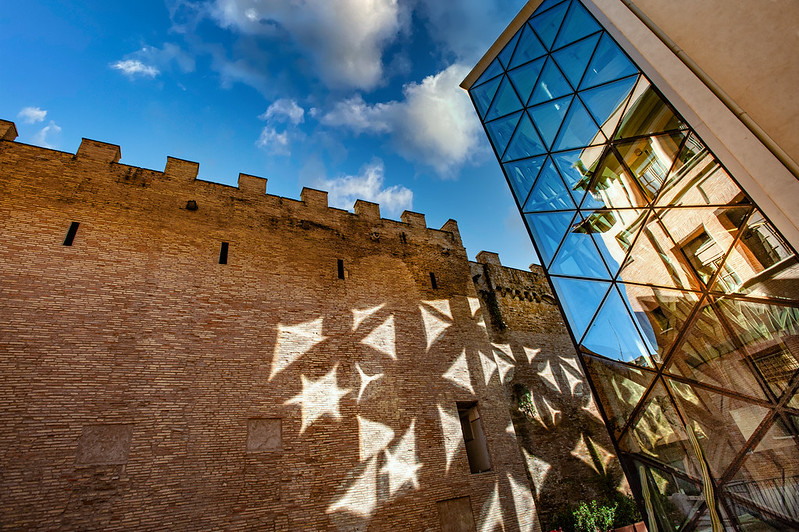Skip to content







- Dipartimenti e Città
- Biblioteche
- Sostieni la LUMSA
- Siti web LUMSA
- Contatti
- Mi@Lumsa


- Orientamento e Iscrizioni
- Corsi
- Docenti e ricerca
- International
- L'Università
- Newsroom
- Servizi e Opportunità
Orientamento e Iscrizioni
Tutte le informazioni per entrare alla LUMSA
Scopri la sezione
L'Università
Scopri la sezione
Servizi e Opportunità
Per gli studenti
Vivere la LUMSA



The University
The University